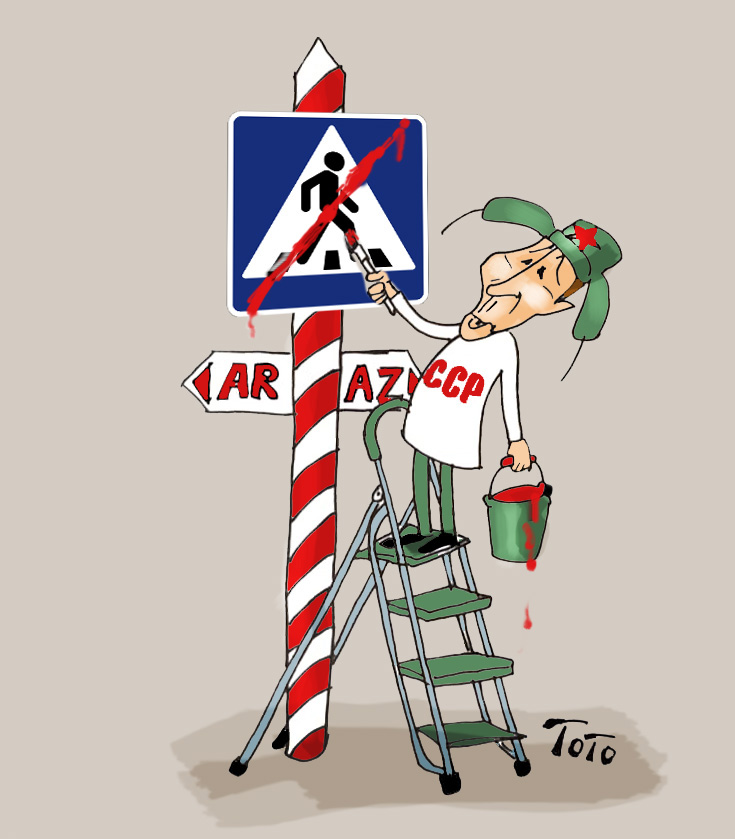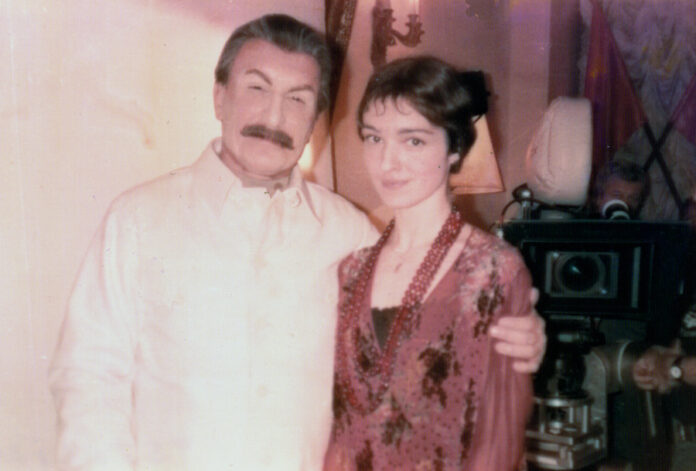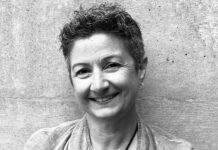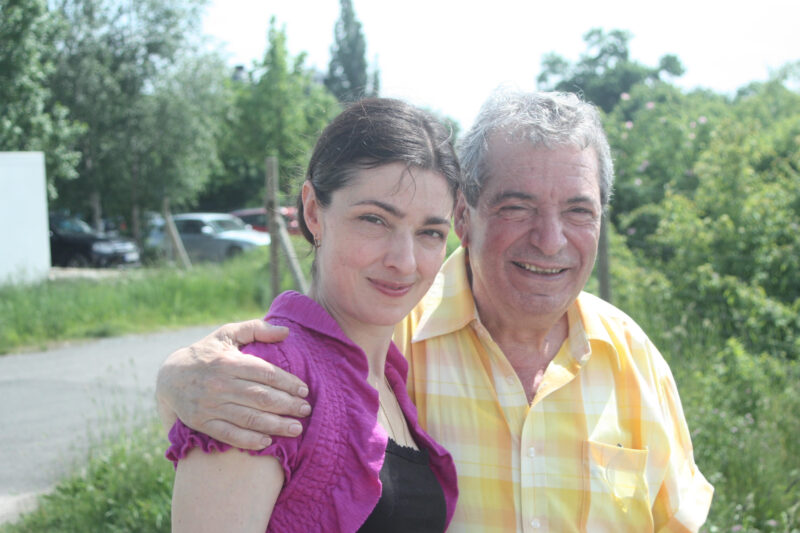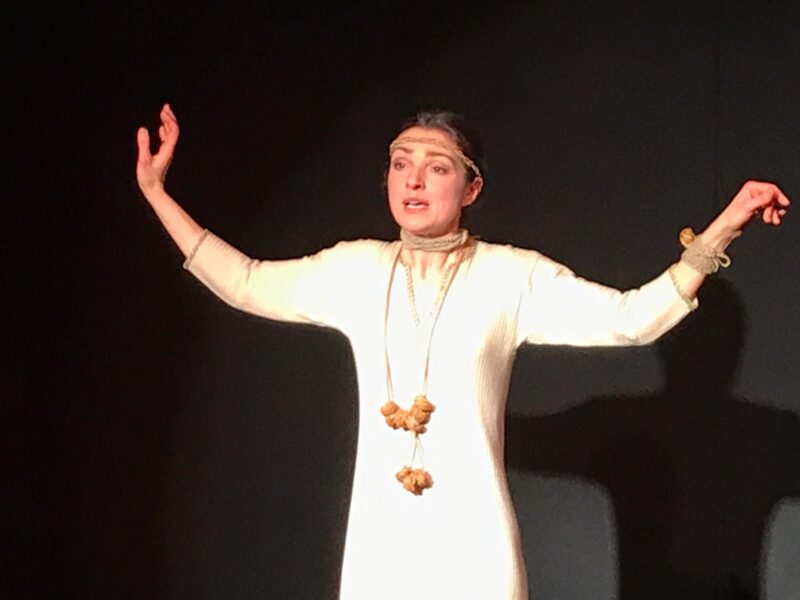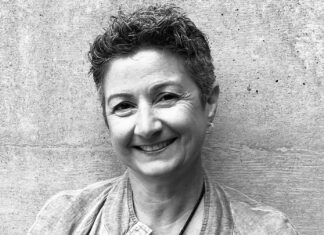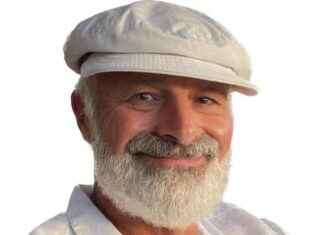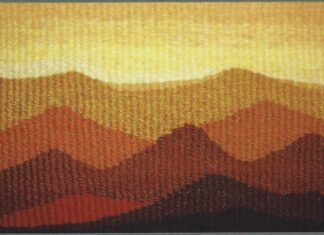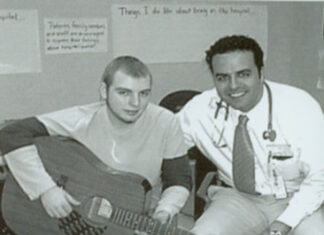YEREVAN/LEIPZIG, Germany — Theater and film actress Elena Seropova was born in 1964 in Moscow. In 1988, she graduated from GITIS, the Russian Institute of Theater Arts in Moscow. In her last year, together with her colleagues, she took part in organizing the Youth Miniature Theater “Impulse,” then she was enrolled in the troupe of the Theater-School of Musical Art. Seropova made her film debut in 1984 with the film “The Legend of Silver Lake.”
This actress became widely famous for her role as Jemma in Evgeniy Gerasimov’s melodrama, “The Trip to Wiesbaden.” Elena also starred in the films “Country Season,” “Revelation of Ivan Efremov,” “Idol,” “Without Evidence,” “The Killer,” in the Hungarian television film “Golden Time,” in the British series “Sharp II,” in the American films “Stalin,” “Tina and Lance,” “Bus to the Queens,” and in German films and TV series.
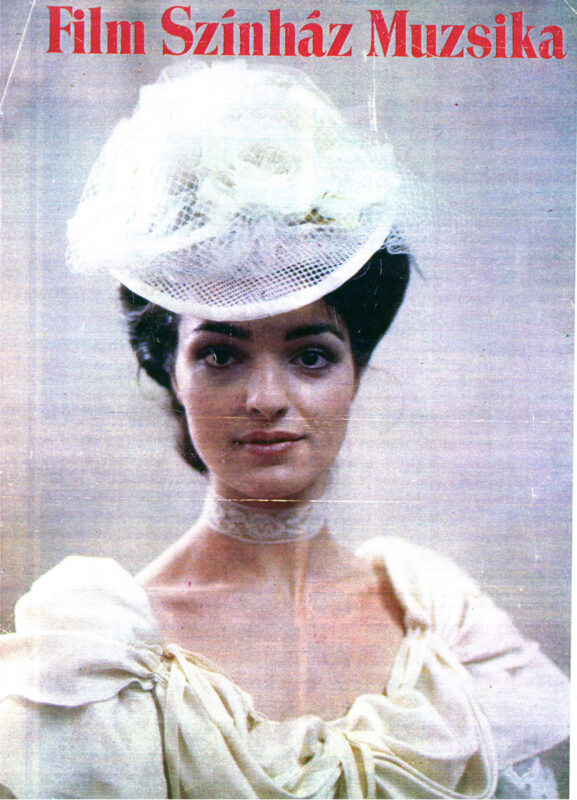
In 1989-1990, Seropova appeared in Moscow Television programs. In the 1990s, she followed her husband to the USA. Elena worked as a news anchor on the Russian-speaking television channel WMNB Russian-American Broadcasting Company. In the early 2000s, Seropova with her family moved to Germany.
Since 2003, she has been staging and performing her own solo performances, as well as literature and poetry events. In 2011, Elena opened an acting school and, later on, created the theater-studio “St’ART” first for children and youth and, a year after that, a group for adults. Over the years, Elena, in tandem with her husband, director Rostislav Kratzberg, staged 23 performances, which were successfully shown in Leipzig, Dresden, Chemnitz, and Halle.
My conversation with Elena Seropova took place via Facebook, in Russian.
Dear Elena, if you only knew how exciting it is for me to have this conversation with you! I remember how startled I was when I first saw your photograph in the Soviet Screen magazine, after which I did not miss a single film with you starring. Your temperament and your versatile beauty allowed you to play a wide range of characters, nationalities but to me you seem to be closer to the romantic roles.
